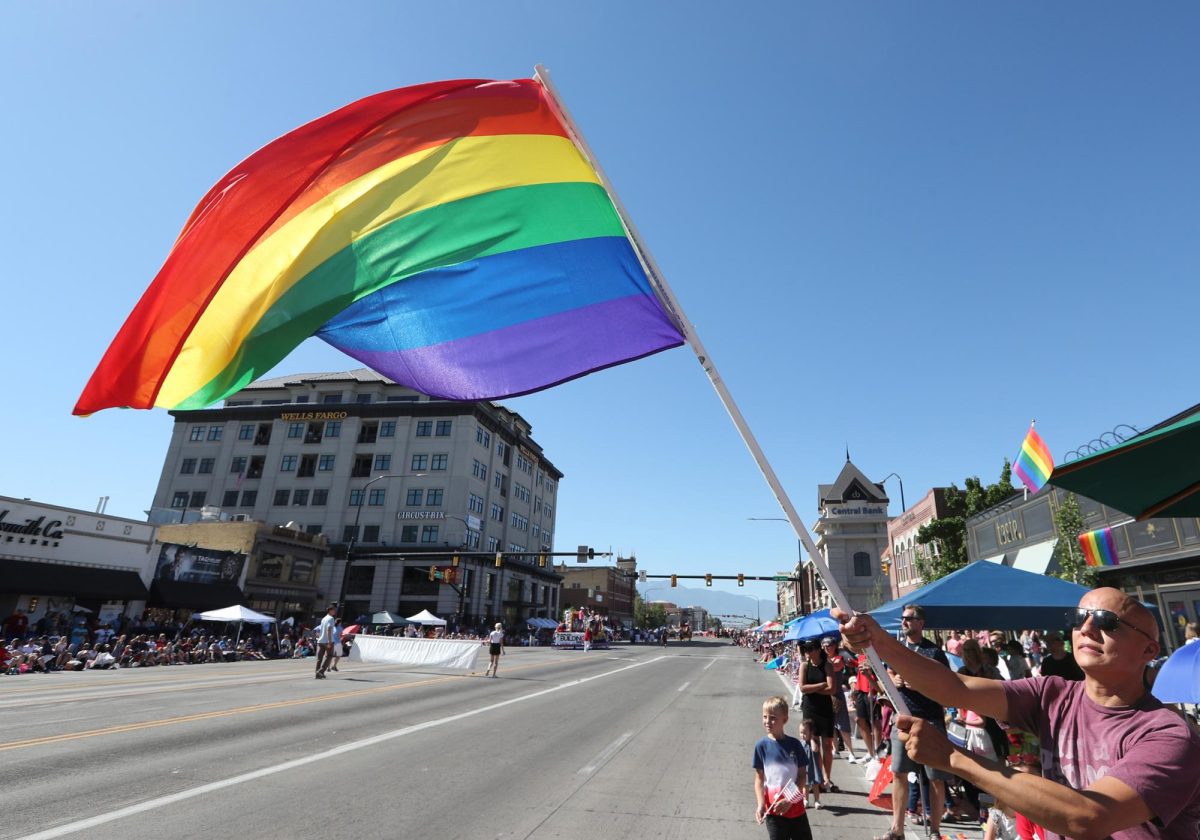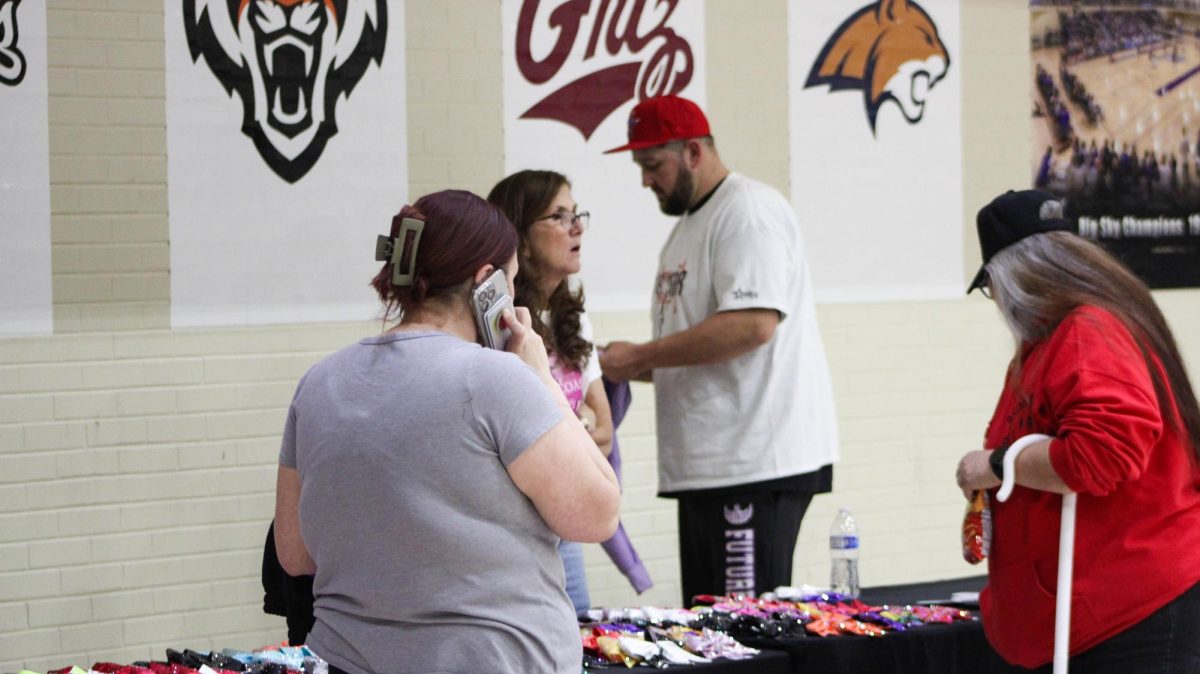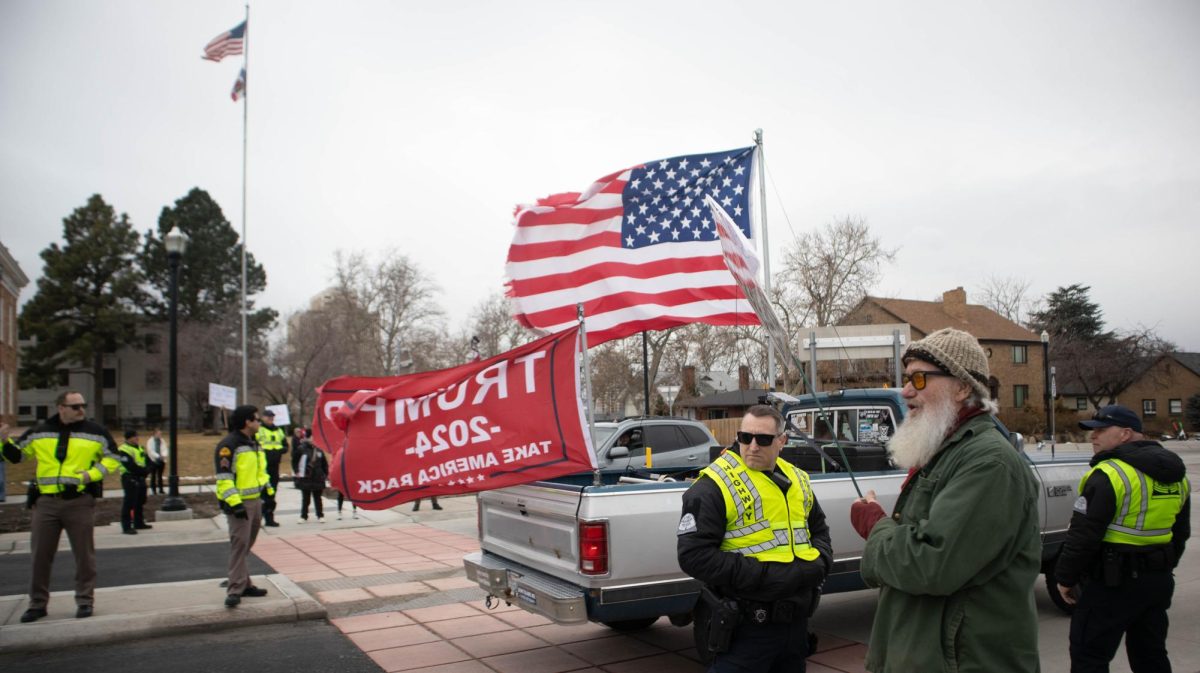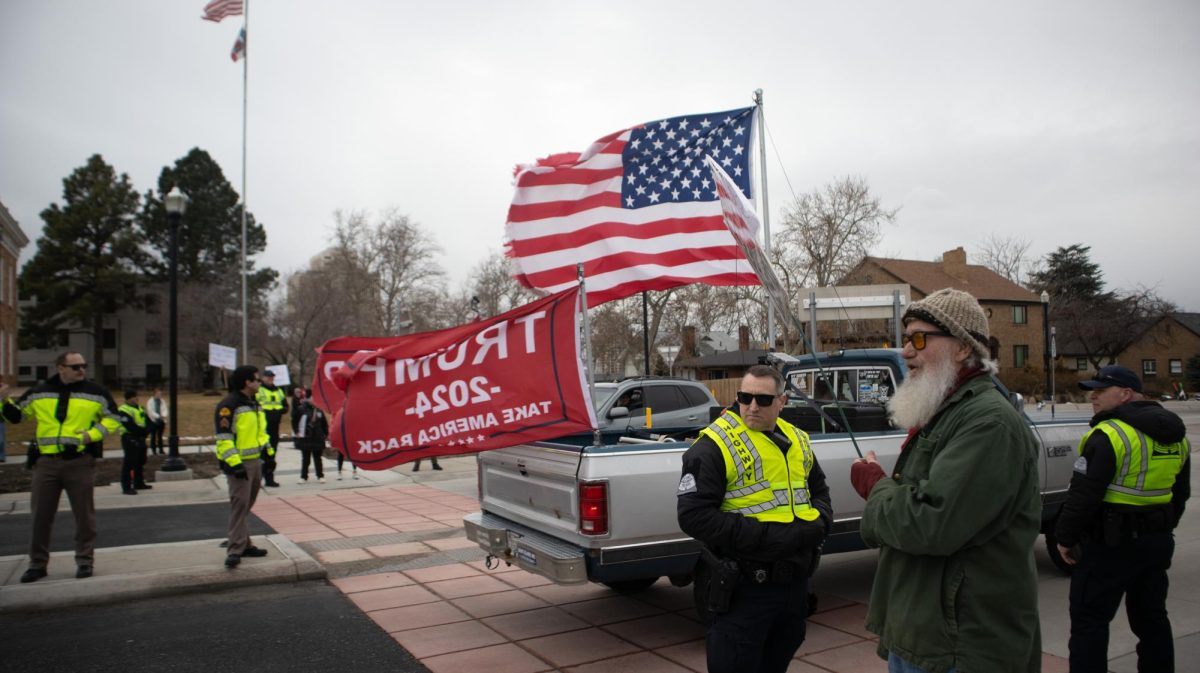I think the best day of my life when I was a kid was the day our family purchased a label maker. The worst day of my parent’s lives may have been the same day, when they realized I had wasted $50 creating misspelled labels and slapping them on everything within reach.
I began taking my own personal labels when I came out of the closet my senior year of high school. Empowering myself, I claimed a label that I felt fit who I was. As I grew older, graduated high school and met other people, I realized I had claimed a label that no longer fit. I began to feel like I hadn’t labeled myself, but instead had confined myself to a box.
If labels could be considered clothing, then I tried them all on, and the world became the perpetual parent shoving things into the fitting room. I tried on everything that others felt would look the best. The path to self-labeling became a non-linear path that I am still taking. I finally found a label that fits.
But the journey has left me wondering.
Do labels provide empowerment or do they confine people to a space they may grow out of? I interviewed 11 other people and started by asking one question: Do labels empower or confine you?

“Labels aren’t for everyone, but for me, having that label means I have a community,” Fletcher Klein said. “They are great if you want them, but don’t put labels on other people.”

Savannah Harman shared a similar opinion. “I feel very empowered but also sometimes limited,” she said. “Labels are for yourself and to find other people with shared experience and really nothing else.”
Others felt like their labels helped them gain things they wouldn’t have otherwise.

“I don’t feel like I need to have one,” Emma Morton said, “but it helps in terms of communication and community building.”
Larene Orgill gave her opinion on labels, stating, “Being able to claim a label can be empowering, but I feel like labels can also be flexible.”
And for others, labels hold a significant place in their lives. Sage Buch, a person that claims the label genderqueer, explained the importance of labels in their life.
“Labels give me the ability to express who I am, in a world that would otherwise choose to say that I don’t exist,” Buch said.

When asked to share how labels have benefited them the most, in the shortest amount of words possible, Tyler Rowe said one word.
“Communication.”
The more we talked, the more I wondered if we were in a place to remove our personal labels. Was the world ready to remove the label? Does refusing to label ourselves overshadow the sacrifice of others that got us to where we are now? Myself, and each interviewee, discussed in length the power and downfalls of labels. At the end of each interview, I posed one final question.
Would you rather live in a world with labels, or without?
Keeley Milner, a teen from Salt Lake City, answered without hesitation.
“I would rather live in a world where labels aren’t necessary. A world where anybody can be anybody. You could be yourself and nobody would care,” Milner said.



















